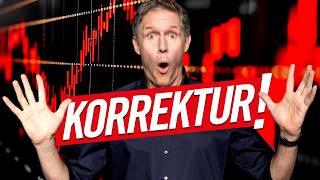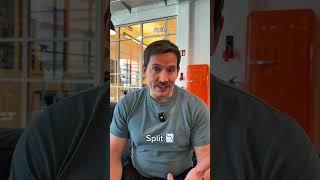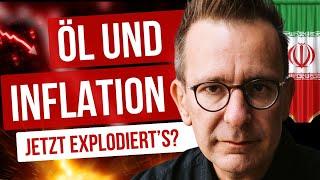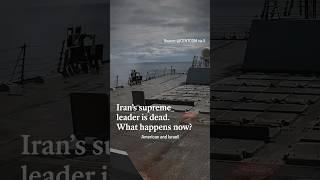| Is the US in “Cold War II” with China? Dmitri Alperovitch believes we are, and that it could turn kinetic, starting with China potentially invading Taiwan. Dmitri is a founder of cybersecurity firm CrowdStrike and the co-author of World on the Brink: How America Can Beat China in the Race for the Twenty-First Century. He’s also one of the few analysts who accurately predicted when, why, and how Russia would invade Ukraine. He got it right—and he got it right early. Dmitri articulates Taiwan’s strategic importance to both China and the US in plain terms. He points to China’s belief in its right to global preeminence, saying that China doesn’t want to be a US peer—it wants to “eclipse” it. When China looks out from its shores, it sees a ring of US naval power constraining it, keeping it from dominating trade and geopolitical relations in and around the South China Sea. China cannot change that without full control of Taiwan and the deep waters off its eastern shore. Find Dmitri Alperovitch’s book, World on the Brink, here: https://www.hachettebookgroup.com/titles/dmitri-alperovitch/world-on-the-brink/9781668638101/ Follow Dmitri Alperovitch on LinkedIn here: https://www.linkedin.com/in/dmitrialperovitch/ Follow Ed D’Agostino on LinkedIn: https://www.linkedin.com/in/ed-d-agostino-415475296/ Time stamps: 00:00 – Introduction 01:22 – The devastating fallout of a war over Taiwan 02:52 – Ambiguity in the “One China” policy 05:32 – Why Taiwan is critical to US security 12:38 – Fully decoupling from China is counterproductive 15:35 – Winning “Cold War II” 23:52 – Putin, Xi, and predicting war 32:04 – The costs of deterrence |
Tags: Featured




































20 pings
Skip to comment form ↓